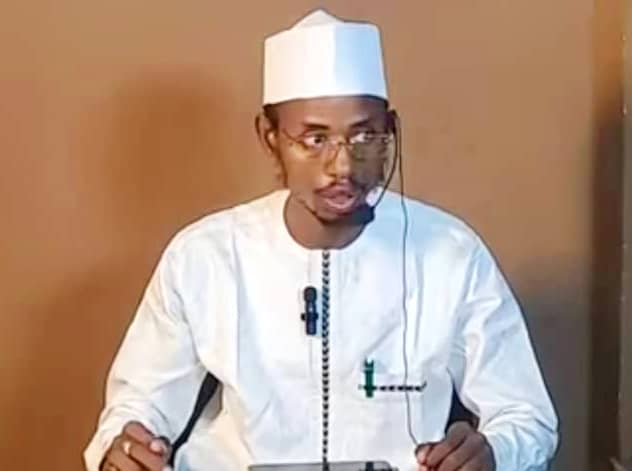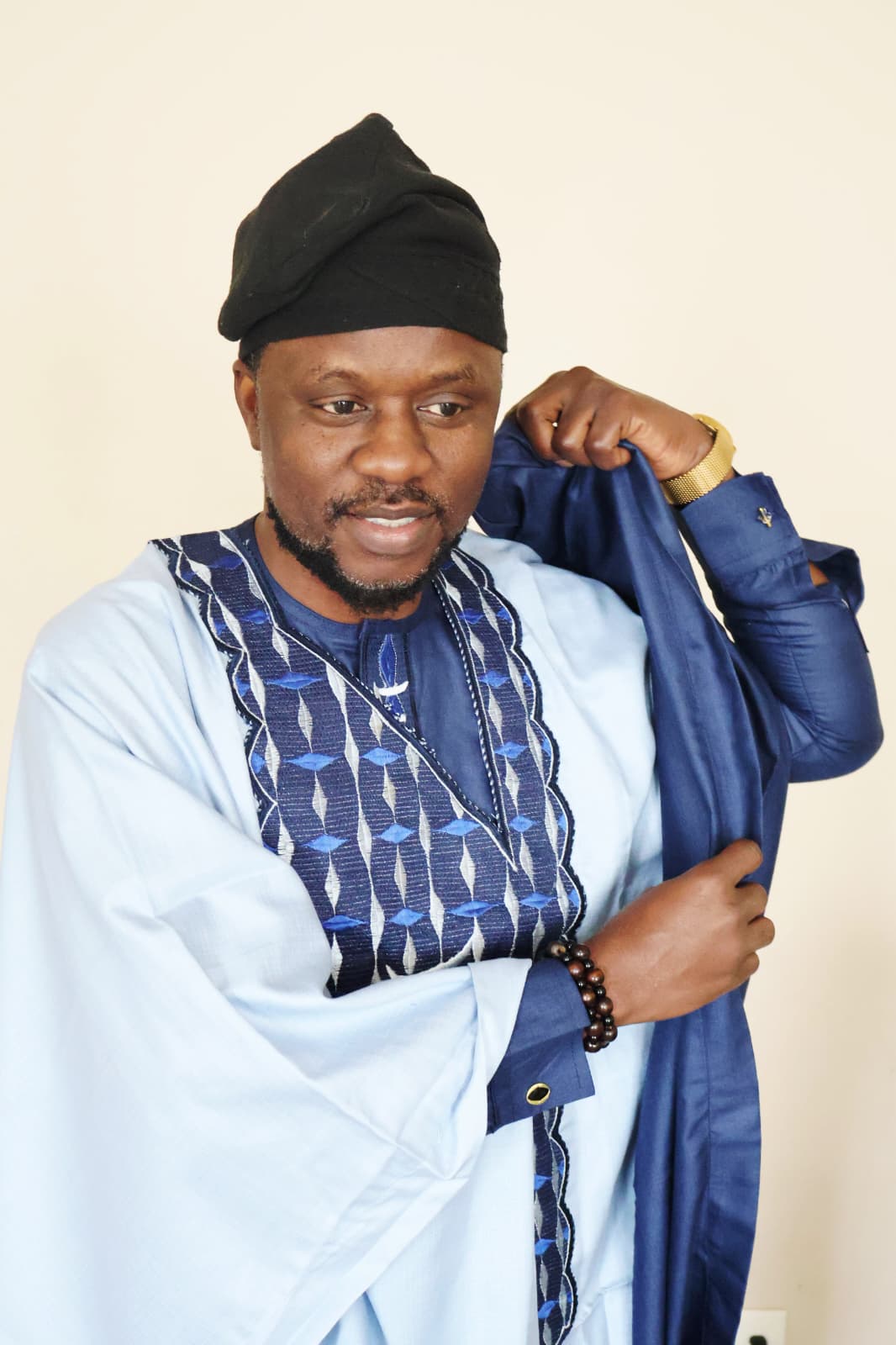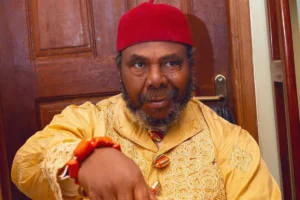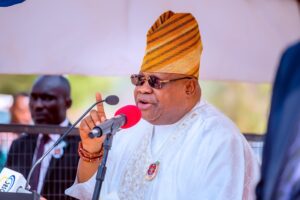Niger Bans Religious Preaching Without Licence
The Niger State government has announced a ban on religious preachers from delivering sermons across the state without obtaining a licence from the government.
Confirming the directive, Mallam Umar Farooq, Director General of the Niger State Bureau of Religious Affairs, said anyone wishing to preach must secure a licence within the next two months or face legal consequences.
The government’s action follows concerns over a controversial Islamic cleric, Muhammad Ibn Muhammad, who reportedly uses his school and preaching sessions to promote anti-democratic sentiments and deliver inflammatory speeches in Hausa and Fulfude.
Farooq explained: “Any preacher who wants to preach must visit our office, complete the necessary forms, and undergo screening by a panel before being allowed to preach. The window for compliance is from today up to the next two months.”
On whether the ban applies to Christian preachers, Farooq stated: “Currently, the focus is on Islam, as forms for Christians are not ready. Once the process for Muslims is complete, we will begin the licensing process for Christian preachers.”
Reactions to the policy have been mixed. Dr. Bashir Ahmad Yankuzo, Chief Imam of the Federal University of Technology (FUT), Minna, said preaching is a religious obligation and argued that the government cannot dictate who may or may not preach. However, he acknowledged that authorities may intervene to maintain peace if a preacher incites security threats.
Pastor Raphael Opawoye, Secretary of the Christian Association of Nigeria (CAN) in Niger State, said his body was not yet formally notified of the ban but would respond accordingly once informed.
Some legal and religious experts have questioned the law’s constitutionality. Ustaz Abubakar Hassan, an Islamic scholar, argued that the ban must go through the State House of Assembly to comply with sections 38(1) and 42(1)(a) of the 1999 Constitution, which guarantee freedom of worship and religion.
Similarly, Minna-based journalist and Islamic scholar, Uthman Siraja, described the ban as an infringement on religious freedom, suggesting that the government instead penalize preachers who incite public unrest.
The state government, however, insists the measure is aimed at ensuring security and public order in the face of provocative preaching.















Post Comment